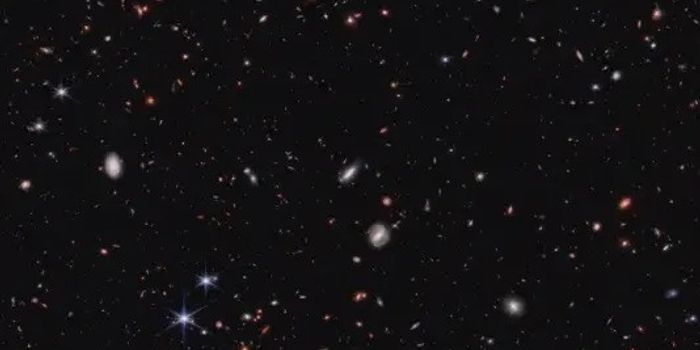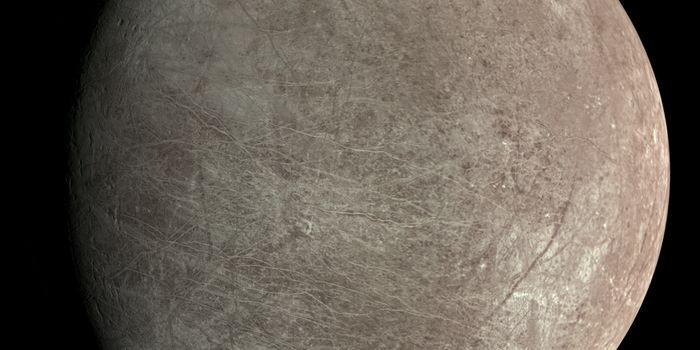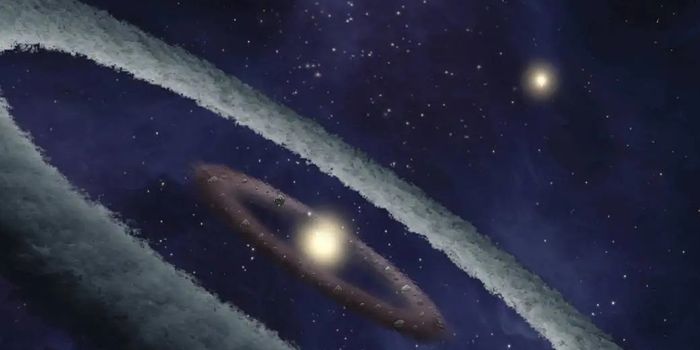The "Missing" Laureate at 2020 Physics Nobel
Last week, the science community celebrated the awarding of this year's Nobel Physics Prize to a trio of black hole researchers. It was also a poignant moment since the world's most prestigious honor missed an opportunity to pay tribute to a late giant in cosmology, Stephen Hawking.
Working with Rogen Penrose, the mathematician and theoretic physicist among the three laureates, Hawking helped build a solid mathematical foundation to the concept of black holes, which was first predicted in Einstein's theory of general relativity. They came up with the Hawking-Penrose gravitational singularity theorems.
The theorems imply that a massive dying star is capable of imploding to a point where its gravitational field becomes so strong that it forms a singularity. In theory, this astrophysical anormaly resembles the origin of our universe before the Big Bang.
Armed with the theoretical knowledge of black holes, astrophysicists Reinhard Genzel and Andrea Ghez, the other two honored by the award, discovered that a dark, super-massive body lies in the center of Milkway, which a black hole is the only explanation by far.
Stephen Hawking Lecture - How to Escape Out of a Black Hole (Muon Ray)
What's more, Hawking is also behind the famous concept of Hawking radiation (or Hawking-Bekenstein radiation), an outlandish idea according to traditional physics thinkings.
Black holes, as their name indicates, absorb all light or electromagnetic radiation in their vicinity, thanks to their ultra-strong gravitational field. However, according to the second law of black hole thermodynamics, entropy arises within the event horizon, and one can't expect entropy without radiation. Although skeptical about the idea first, Hawking managed to demonstrate mathematically that black holes were not totally "black". They emit radiation as a type of elusive particles in the bizarre quantum realm.
Admittedly, Hawking, one of the greatest minds of our time, wouldn't necessarily need more recognition in his well-decorated career. But the next time, when we zoom in on to an image of a black hole and marvel at its beautiful, magnificent existence, we should appreciate the fact that we stand on the shoulder of a giant, whose insights "light up" the darkest spots of our universe.
Sources: Nature News/Space.com









